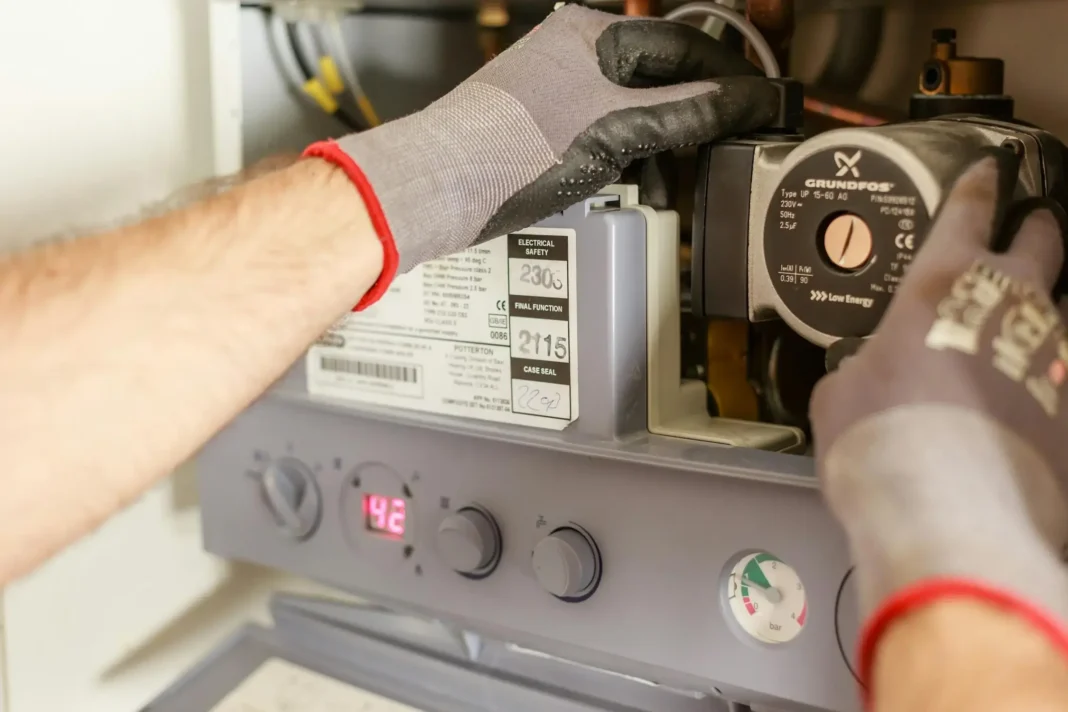In the world of recovery options today, Intensive Outpatient Programs (IOPs) have garnered interest. These programs provide an efficient route to recovery, appealing to those in search of assistance without the need for long-term residential care. When we delve into the advantages and framework of IOPs, it becomes evident why they have become an option.
The Advantages of Flexibility in the Rehabilitation Process
One key benefit of an IOP program in San Diego is its flexibility, which allows participants to juggle treatment alongside their responsibilities smoothly and transition into recovery easily. This is particularly helpful for individuals who cannot afford to take prolonged breaks from their work or family commitments. As IOP caters to schedules, it enables people to seamlessly incorporate recovery into their lives.
Navigating the Line Between Autonomy and Organization
Finding the balance between freedom and guidance is vital in IOP programs, as it empowers individuals to make their choices while also providing a safety net of support when needed. This equilibrium enables participants to implement the skills they’ve acquired in scenarios outside of therapy sessions. Being able to apply coping mechanisms in real-life situations significantly boosts the effectiveness of the program overall.
In Summary
Outpatient programs that offer care have gained popularity among people looking for ways to recover from challenges related to health and well-being issues in recent times. These programs are highly appealing due to their ability to adjust according to needs and focus on building a community while implementing personalized treatment plans. They provide individuals with a blend of freedom and organized supervision, which helps them navigate the complexities of recovery while managing their obligations.




